State Bank of India: India’s Most Powerful Brands Rank: How India’s Largest Lender Became a Symbol of Stability, Trust, and Tech-Enabled Scale
The Fortress of Faith
Securing the #7 position in WCRC Intelligence Unit’s India’s 50 Most Powerful Brands ranking with a robust Brand Power Index (BPI) of 91/100, State Bank of India (SBI) stands as a testament to institutional resilience. In an era dominated by private disruptors, SBI’s symmetry of scores – 91 in Brand Strength, Consumer Preference, and Recall – epitomizes WCRC’s landmark finding: India’s unique “trust symmetry” phenomenon where mass accessibility and emotional loyalty converge into unbreakable cognitive lock-in.
The Triple-91 Architecture: Decoding Dominance
WCRC’s proprietary Brand Power Index reveals SBI’s strategic pillars:
| Pillar | Score | Public Sector Avg | Key Drivers |
|---|---|---|---|
| Structural Resilience | 91 | 83 | 22,219 branches, ₹473,378 Cr revenue, 57.5% government ownership |
| Cognitive Dominance | 91 | 75 | 76% vernacular recall, “SBI” as synonym for banking in rural India |
| Future-Proofing | 91 | 69 | YONO app (7.4Cr users), 1.03M daily logins, 29-country global footprint |
This trifecta cements SBI not as a bank, but as India’s financial public utility
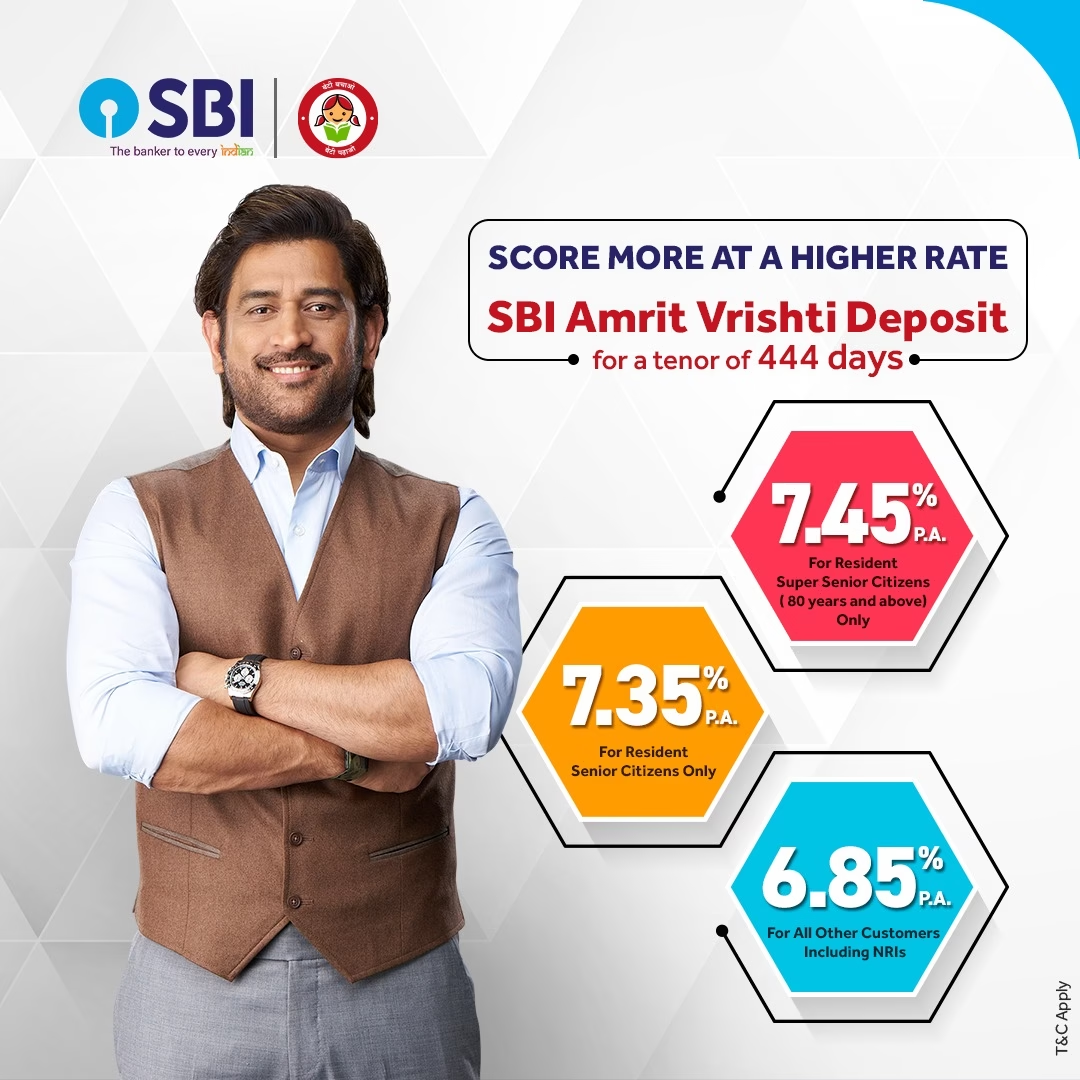
“SBI is more than a bank—it’s a national institution encoded into India’s economic DNA. Its power lies in making trust scalable, accessible, and digitally future-ready.”
— Abhimanyu Ghosh, CEO, WCRC
Sectoral Sovereignty
SBI dominates WCRC’s banking cluster with unparalleled reach:
- #1 public sector bank in ranking (BPI 91), outperforming PNB by 15+ points
- 7 BPI points above public sector average
- 23% market share of India’s banking assets.
WCRC attributes this to SBI’s “democratized access”: *”Its 62,617 ATMs and 22,405 branches form India’s largest banking nervous system – serving 50+ crore customers with 2.3x higher rural penetration than private peers”.
The Trust Symmetry Phenomenon
SBI personifies WCRC’s most striking discovery: the 100% correlation between Consumer Preference and Brand Recall scores across all 50 brands. This manifests as:
- Crisis Immunity: 3.1x higher deposit retention during market volatility
- Vernacular Integration: 68% of rural Indians use “SBI” interchangeably with “bank”
- Digital-Physical Hybrid: 6.07Cr digital users coexisting with world’s largest branch network
As noted in the WCRC report: “SBI achieves what fintechs cannot – converting national infrastructure into personal trust. When farmers say ‘SBI saved my crop loan,’ the brand transcends service to become social security”.
The A1 Elite Imperative
Among WCRC’s top-tier A1-rated brands, SBI masters three public-sector differentiators:
- Geographic Ubiquity
Operates in 100% of Indian districts vs HDFC’s 68% metro concentration - Crisis Backstop
Government ownership provides implicit deposit guarantee (₹5Lakh/sec) - Mission Scalability
Executes national initiatives (Jan Dhan, PM-KISAN) through 94,977 field associates.
The Vulnerability Matrix
Despite dominance, WCRC flags critical frontiers:
Tech Debt: Legacy systems slow UPI response vs private banks by 1.7sec
NPA Burden: Gross NPAs at 2.24% vs HDFC’s 1.24%
Agility Gap: 23% slower than Jio Financial in AI deployment.
SBI’s counterstrategy focuses on:
- YONO 2.0: Vernacular AI interface for 200M semi-urban users
- Green Bonds: ₹40,000Cr allocated for sustainable infrastructure
- Employee Vigor: Training 2.35L staff in quantum analytics by 2026.
The Global Anchor
SBI’s power extends beyond borders:
- Global Rank: #24 in Brand Finance’s 2024 Strongest Global Brands
- Overseas Reach: 235 branches across 31 countries
- Geoeconomic Leverage: Processes 22% of India-ASEAN trade flows 814
The 2025 Battlefield
WCRC’s predictive modeling identifies three make-or-break fronts:
- Public-Private Parity
Matching private banks’ tech spend (current gap: ₹9,200Cr) - Gen-Z Archetype
Converting 18-25yr olds via gamified savings (YONO Lite pilot) - Carbon-Neutral Banking
Solarizing 15,000 branches by 2027 214
SBI’s Ecosystem Architecture
How subsidiaries amplify core brand power:
| Subsidiary | Function | Strategic Impact |
|---|---|---|
| SBI Cards | Credit solutions | 18.9% market share |
| SBI Life Insurance | Protection ecosystem | 25% new policy market capture |
| SBI Mutual Funds | Wealth democratization | ₹8.4Lakh Cr AUM |
| SBI YONO | Digital superapp | 7.4Cr users; 8.83Lk daily transactions |
The Last Word
SBI’s #7 ranking in the WCRC index signifies far more than just corporate scale—it encapsulates the arithmetic of national trust built over generations. As India’s largest and most deeply rooted banking institution, SBI has consistently stood at the forefront of inclusive banking, especially in rural and underserved regions. WCRC’s recognition reflects SBI’s steadfast commitment to financial empowerment, disaster response readiness, and agricultural financing. Its ability to integrate tradition with cutting-edge digital capabilities has enabled the bank to serve as both a safety net and a launchpad for millions, reinforcing its role as a pillar in India’s financial and social architecture.
In the calculus of modern India, SBI isn’t merely moving money – it’s moving mountains. And in a $10 trillion economy’s ascent, that’s the ultimate leverage.
*This analysis is based exclusively on the WCRC Intelligence Unit’s “India’s 50 Most Powerful Brands 2024-25” report. Access the full ranking at wcrcint.com




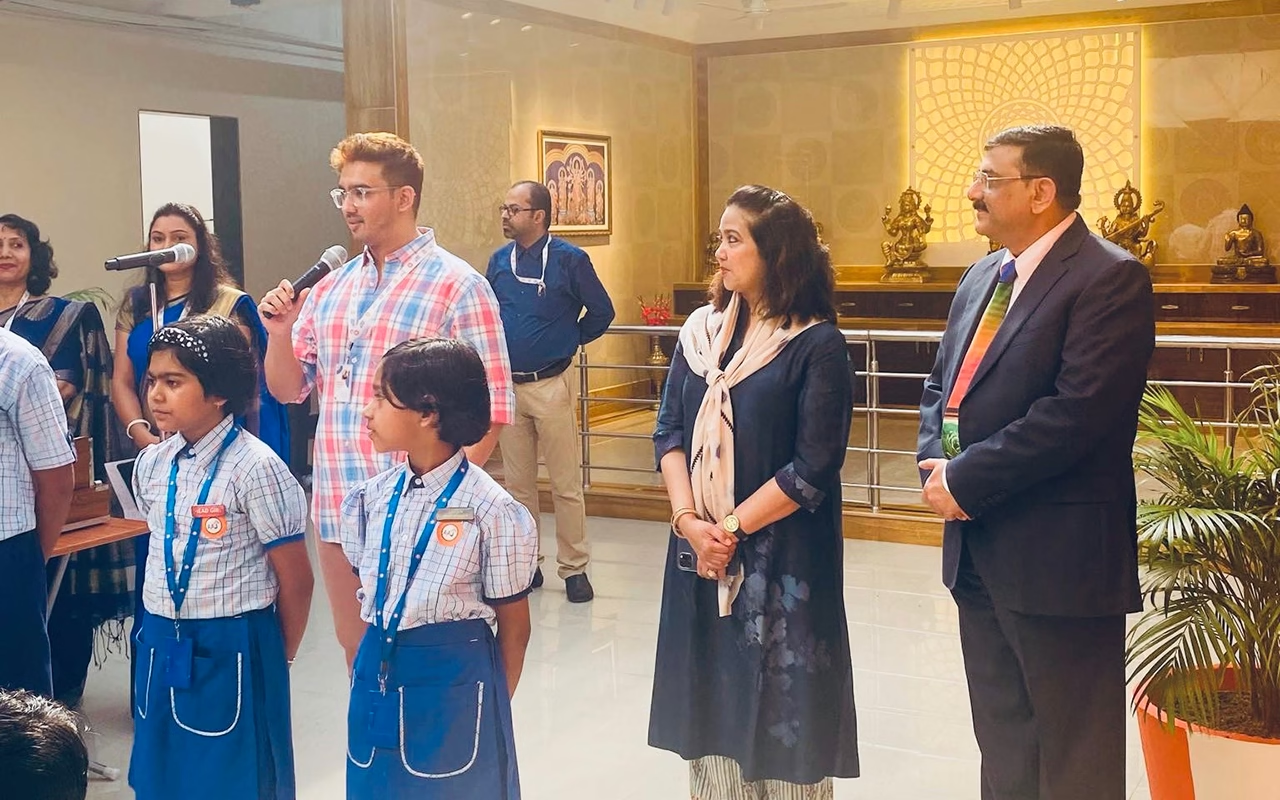
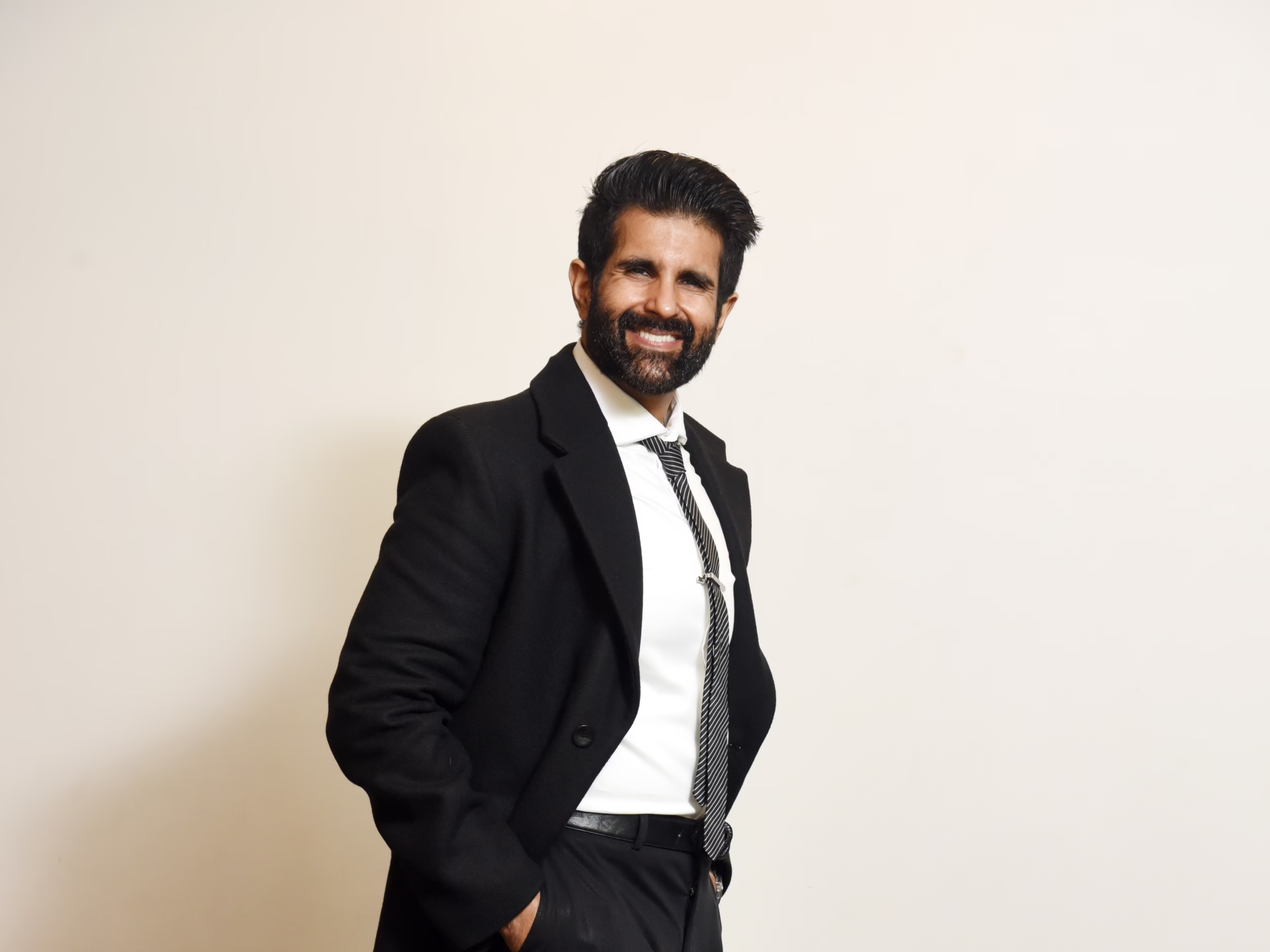

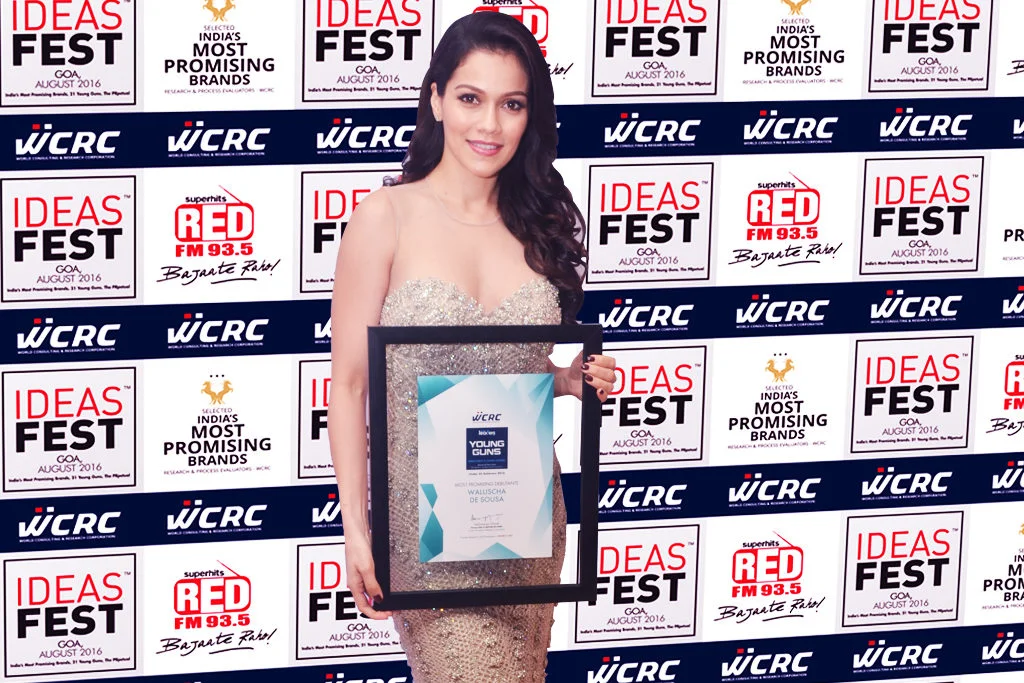
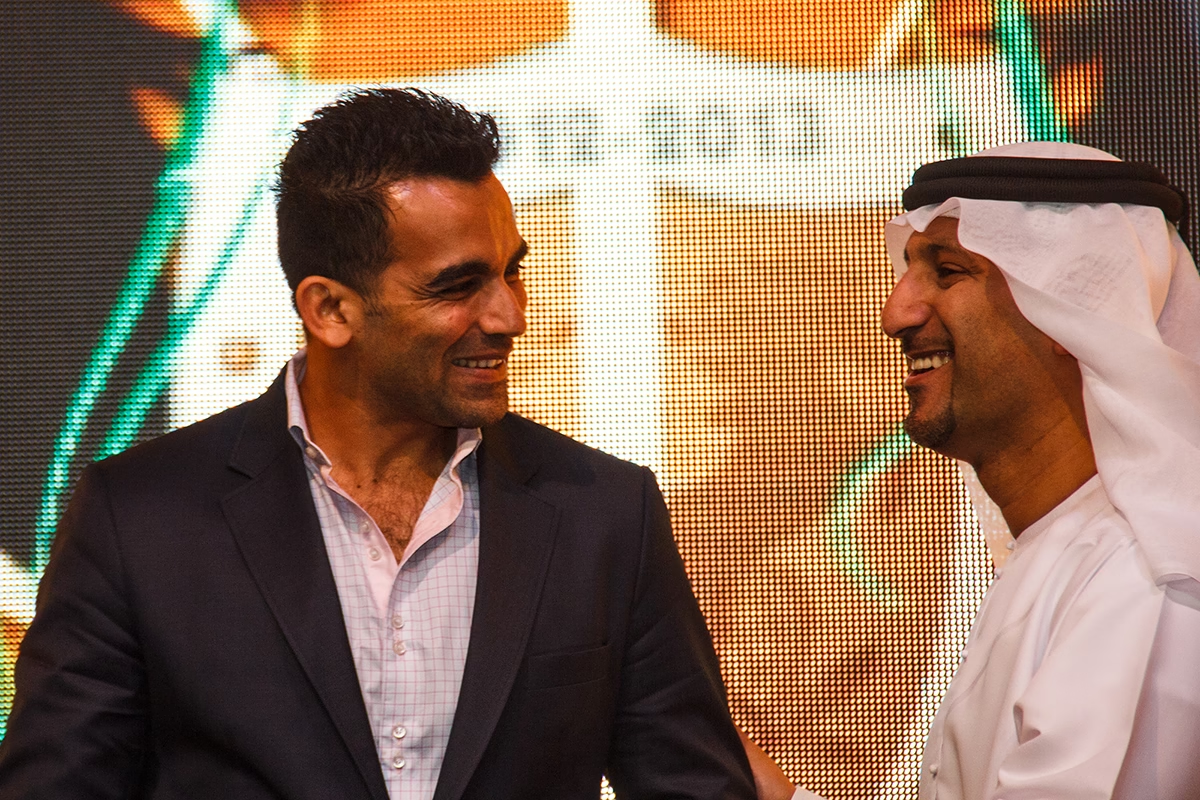
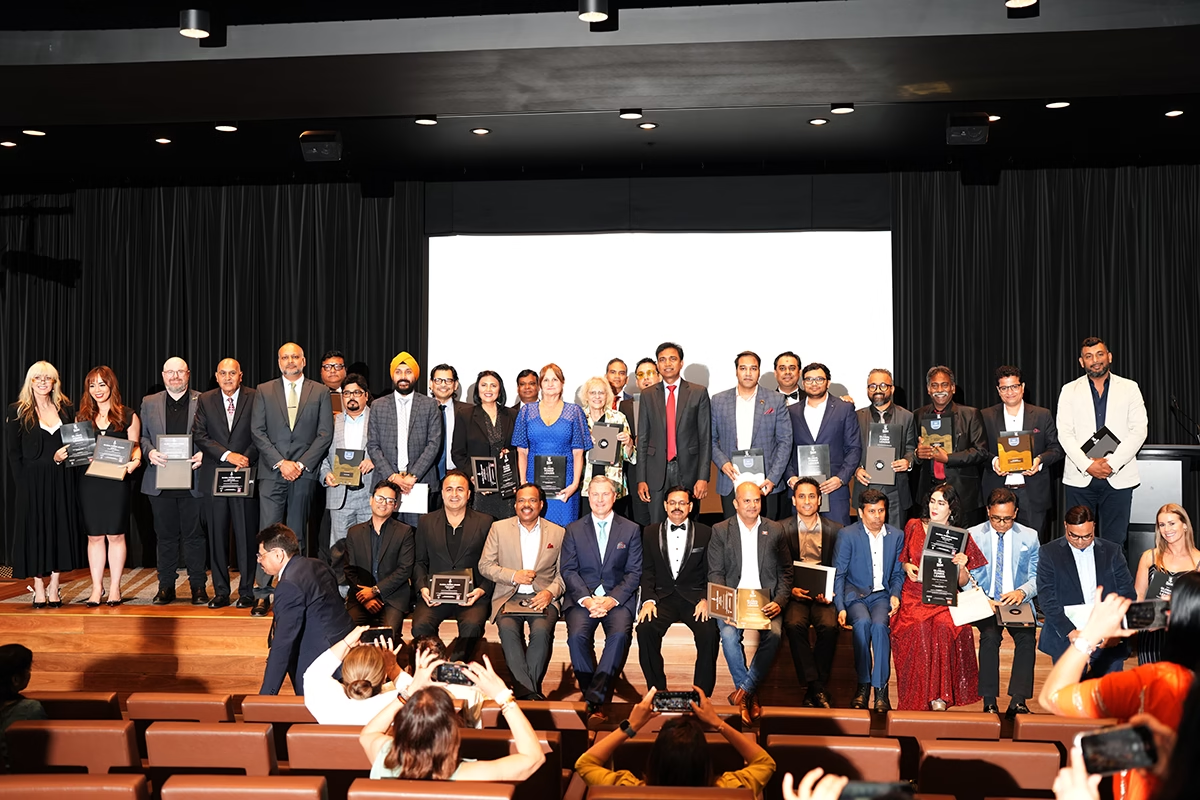
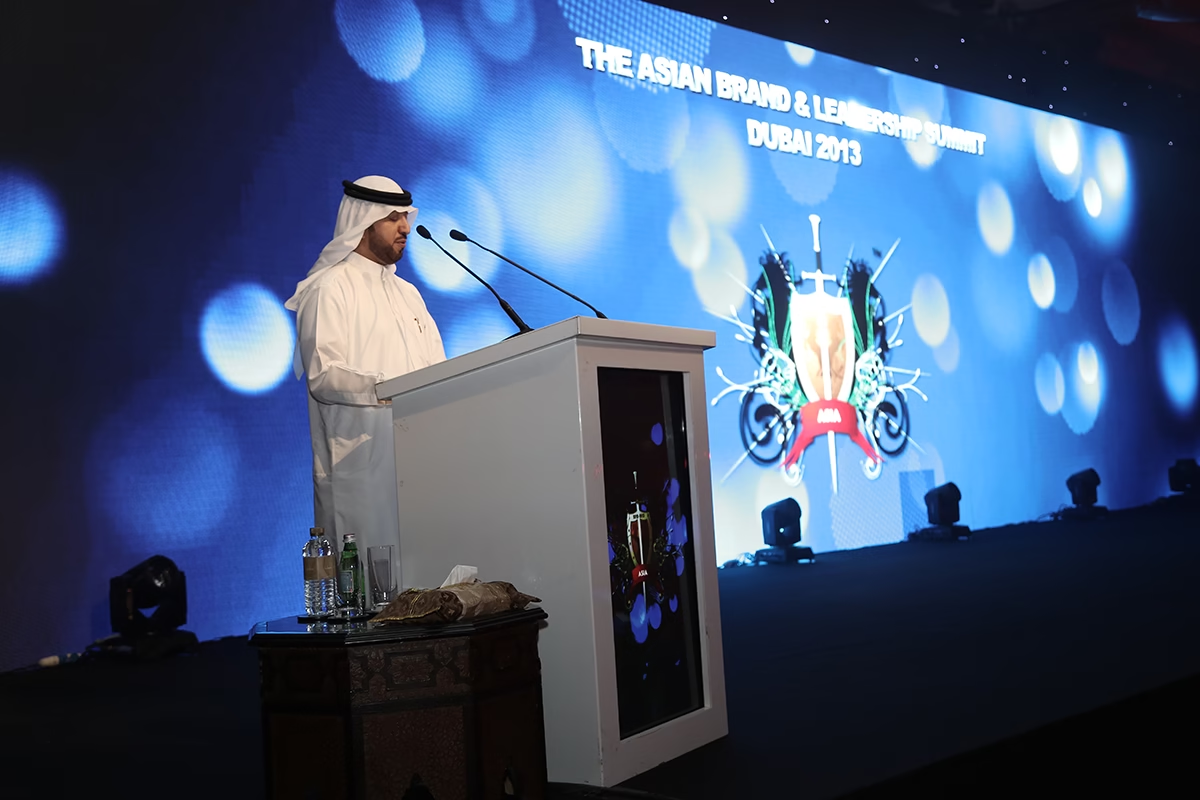


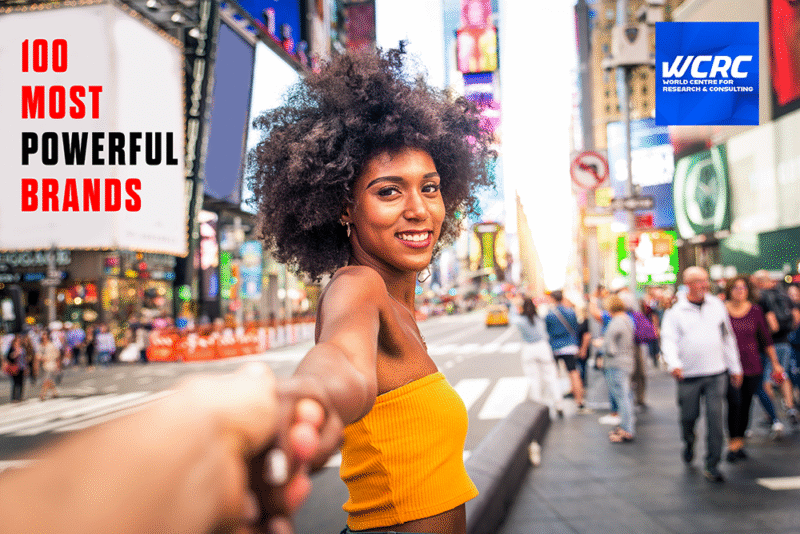
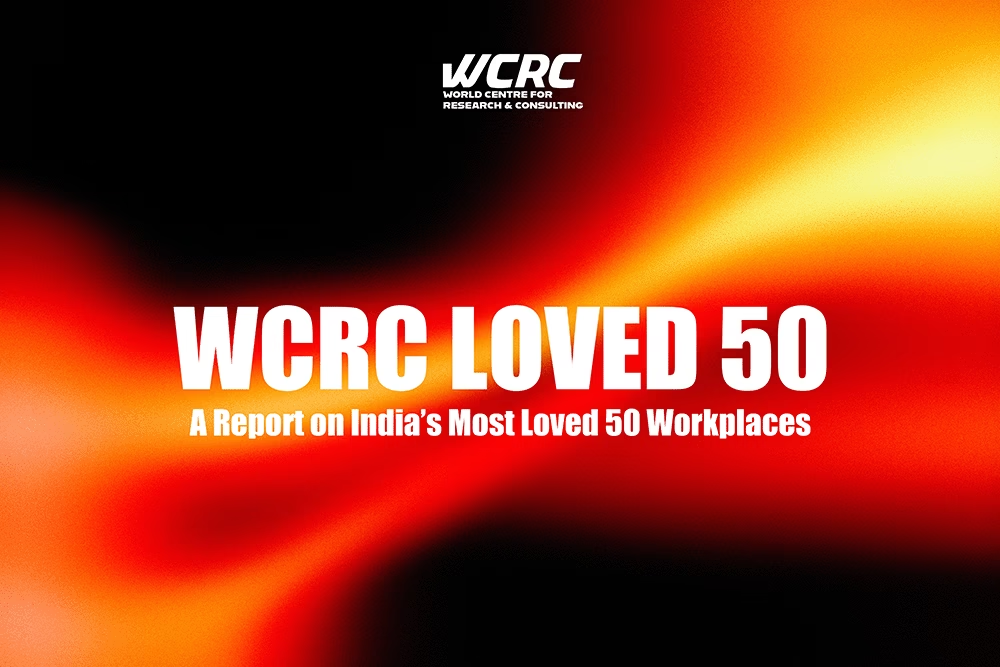
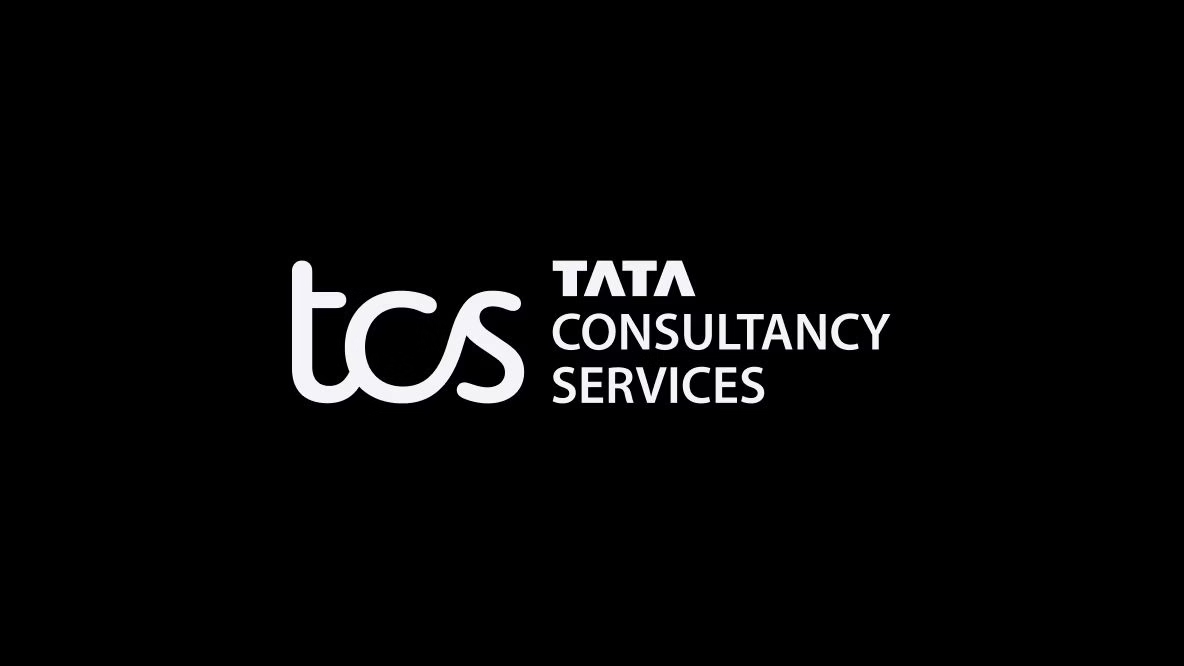
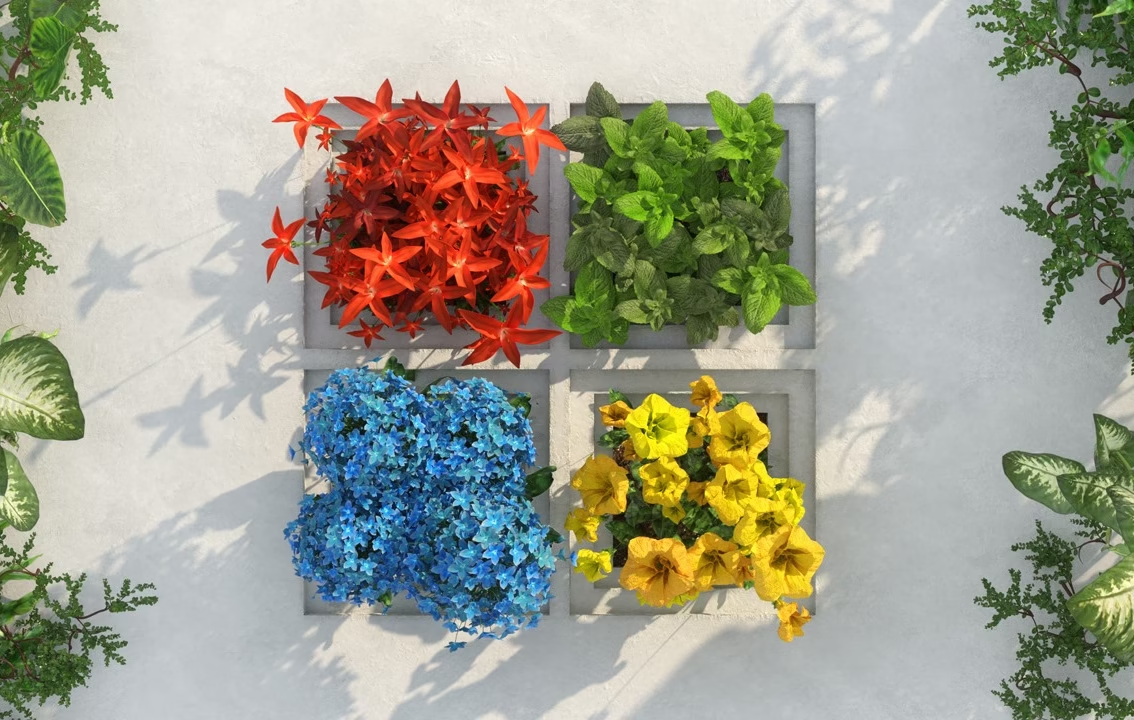
Pingback: Kotak Mahindra Bank: India's Most Powerful Brands Rank 14
Pingback: The Kotak Imperative: Engineering Trust in a Digital-First India
Pingback: Kotak Mahindra Bank: India’s Most Powerful Brands Rank 14 - WCRCLEADERS
Pingback: SBI Life Insurance: India's Most Powerful Brands Rank 38
Pingback: The SBI Life Blueprint: From Bancassurance Leader to National Trustmark - BRANDS ILLUSTRATED